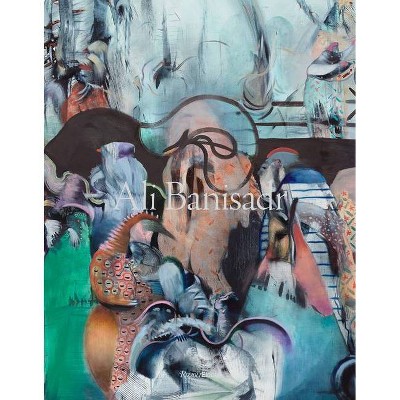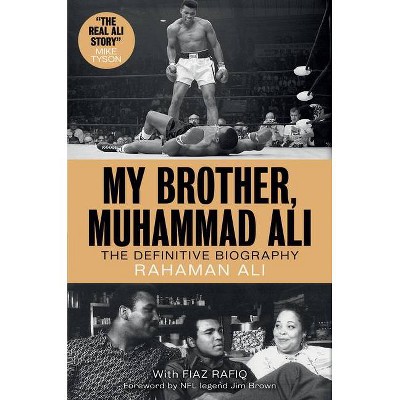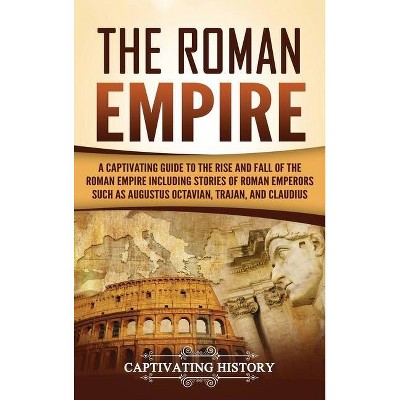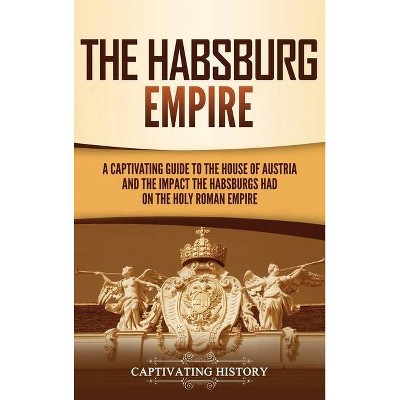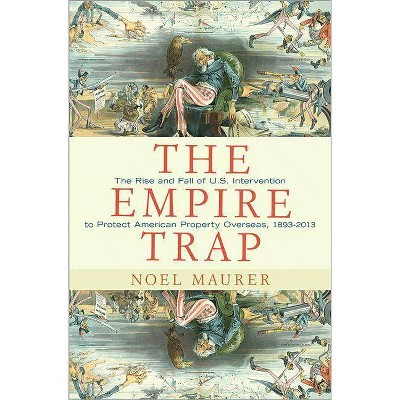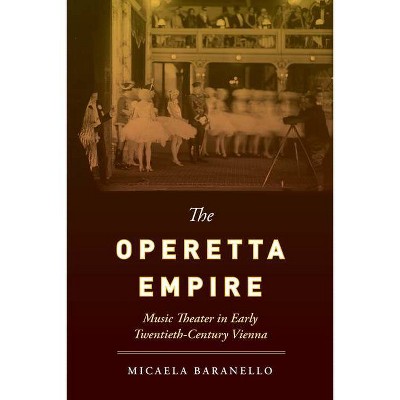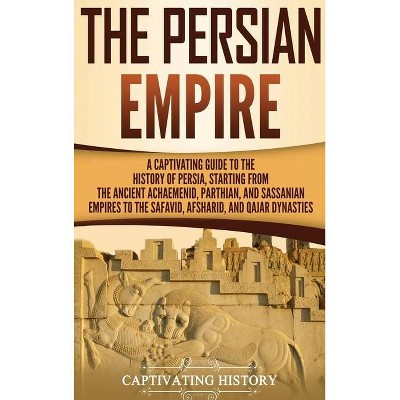Partners of the Empire - by Ali Yaycioglu (Hardcover)
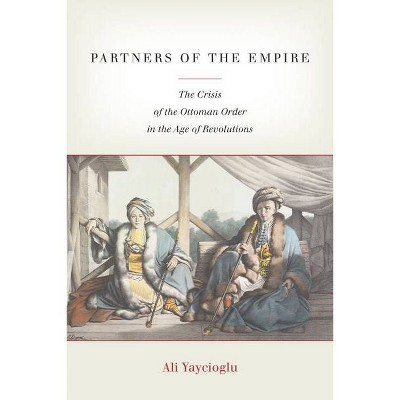
Similar Products
Products of same category from the store
AllProduct info
<p/><br></br><p><b> About the Book </b></p></br></br><i>Partners of Empire</i> offers a radical rethinking of the Ottoman Empire in the 18th and early 19th centuries.<p/><br></br><p><b> Book Synopsis </b></p></br></br><i>Partners of Empire</i> offers a radical rethinking of the Ottoman Empire in the 18th and early 19th centuries.<p/><br></br><p><b> Review Quotes </b></p></br></br><br><i>Partners of the Empire</i> is a superb piece of scholarship and its author, Ali Yaycıolu, makes compelling arguments. Not only does he incorporate large amounts of secondary-source literature--including Turkish- language scholarship that is sometimes overlooked by Ottoman historians in the Anglophone world--but also seamlessly integrates his own (massive amount of) primary-source research into the rather vast and disparate literature that deals with the late eighteenth and early nineteenth centuries.--Harun Kk "<i>BUSTAN: The Middle East Book Review</i>"<br><br>[A]s Yaycioglu has shown, the Ottoman Empire grappled with the very same problems that its European counterparts did and attempted to reform itself accordingly. And like those in the empires of those counterparts, some reforms worked and others did not. If, then, we are to understand the Age of Revolutions as a global phenomenon, which it most certainly was, Yaycioglu's study is an important intervention that compels us to reconsider revolution and reform in the Ottoman Empire as evidence that its crises of empire occurred in lockstep with similar crises that arose contemporaneously in the empires of its rivals and allies.--Robert John Clines "<i>H-War</i>"<br><br>Ali Yaycioglu skillfully weaves a complex narrative of the 18th-century Ottoman political landscape, illuminating the struggles as well as the coalitions between various social groups. His compelling account should be required reading not only for those interested in the history of the Ottoman Empire, the Balkans, and the Middle East, but in global history as well.--Şevket Pamuk, Boğaziçi University "Istanbul"<br><br>Ali Yaycioglu's magnificent study provides us with a deeply researched portrait of the relationship between the Ottoman provinces and the imperial capital in the tumultuous years of the late eighteenth and the early nineteenth century when the very future of the Empire was uncertain. Moving beyond generic references to 'the age of the ayan, ' Yaycioglu draws compelling portraits of the individuals, and their provincial milieux, who fought both with and against Istanbul to create the Empire anew.--Molly Greene "Princeton University"<br><br>In its use of archival sources and its conceptual framework, <i>Partners of the Empire</i> embodies superb scholarship. It speaks to fundamental questions--popular sovereignty and the commensurability of European political developments. The emphasis on the Ottoman figure--the provincial ayan--and his imagined partnership in the empire is a significant contribution to our knowledge. At last, we now have a detailed exploration of their world.--Adam Mestyan "<i>Hungarian Historical Review </i>"<br><br>This book not only fills the arguably single most important gap in early modern Middle Eastern history by providing a cohesive narrative for the eighteenth century in the Ottoman Empire, but it also teaches a lesson about how to write world history by centering the focus of analysis outside the West. Ali Yaycioglu's work offers the most conclusive corrective to the still often-heard argument that representative institutions are a foreign import to the Middle East.--Baki Tezcan, University of California "Davis"<br><p/><br></br><p><b> About the Author </b></p></br></br><b>Ali Yaycioglu</b> is Assistant Professor of History at Stanford University.
Price History
Price Archive shows prices from various stores, lets you see history and find the cheapest. There is no actual sale on the website. For all support, inquiry and suggestion messages communication@pricearchive.us
